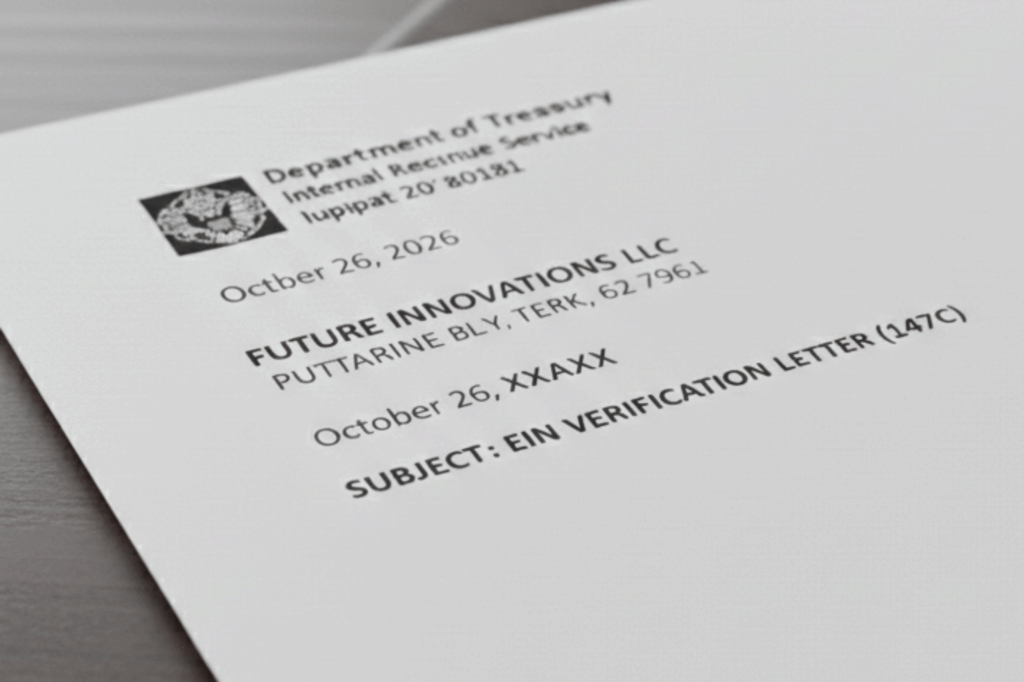Dissolving a corporation can be a strategic move to minimize costs associated with taxes and registered agent debts when the business isn’t operational. However, what happens when you decide to rekindle your entrepreneurial spirit and need to restore your dissolved corporation? In many cases, restoring an existing corporation is more efficient and cost-effective than starting from scratch. Here’s a detailed guide to help you through the process of restoring a dissolved corporation.
Understanding the Implications of Dissolution
Before diving into the restoration process, it’s crucial to understand what dissolving a corporation means. Dissolution effectively ends the legal existence of your corporation. This decision might have been made to take a break from business activities or to safeguard your personal assets. Now, with renewed motivation to restart, restoration should be your first consideration to avoid the hassles of creating a new entity.
Why Choose Restoration Over a New Incorporation?
Restoring a dissolved corporation can have significant advantages:
- Cost Efficiency: Avoid the incurring costs associated with new incorporation filings and initial setup fees.
- Preserve Brand Identity: Retain your existing brand name and goodwill, crucial for businesses with established reputations.
- Legal and Compliance Continuity: Maintain existing contracts and licenses, saving time and effort required for re-establishing all legal documents.
Steps to Restore Your Dissolved Corporation
1. Visit Clemta.com
The first step in restoring your corporation is to engage professional assistance to streamline the process. Start by visiting Clemta.
2. Contact Clemta
Reach out to the team by clicking on the contact us section of the website or by sending an email to [email protected] or [email protected]. Clemta’s experienced professionals can provide personalized guidance.
3. Specify Your Case
Clearly outline the details of your dissolved corporation in your communication. Include information like the date of dissolution, the state of incorporation, and any relevant documents.
4. Let Clemta Handle the Restoration
Once you’ve communicated with Clemta, their experts will manage the restoration process on your behalf. This typically involves filing the necessary reinstatement forms and addressing any outstanding compliance issues.
What to Expect After Restoration
Upon successful restoration, your corporation will regain its legal status, and you can resume business activities under its banner. Here’s what you can anticipate:
- Operational Readiness: Ensure all operational and compliance aspects, such as tax filings and annual reports, are up-to-date.
- Business Opportunities: Re-establish relationships with clients and partners, leveraging the restored credibility of your corporation.
Common Challenges and How to Overcome Them
Restoring a dissolved corporation can present challenges, such as dealing with past compliance issues or updating outdated records. By working with professionals at Clemta, you can address these hurdles efficiently, ensuring a seamless transition back into the business world.
Final Thoughts
Choosing to restore a dissolved corporation can significantly benefit entrepreneurs looking to restart operations without the hassle of forming a new entity. By using Clemta, you ensure a smooth transition back into business, minimizing errors and maximizing efficiency.
If you’re ready to reignite your business ambitions, follow the steps outlined above and let Clemta assist in bringing your corporation back to life. Their expertise and support can make all the difference in achieving a successful restoration.







